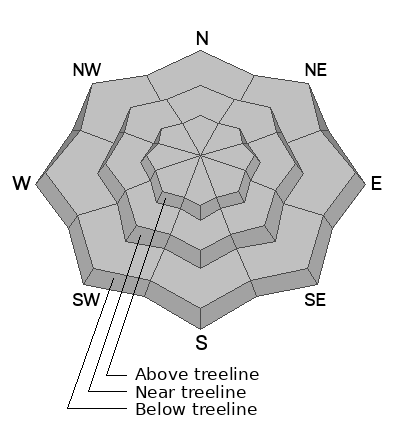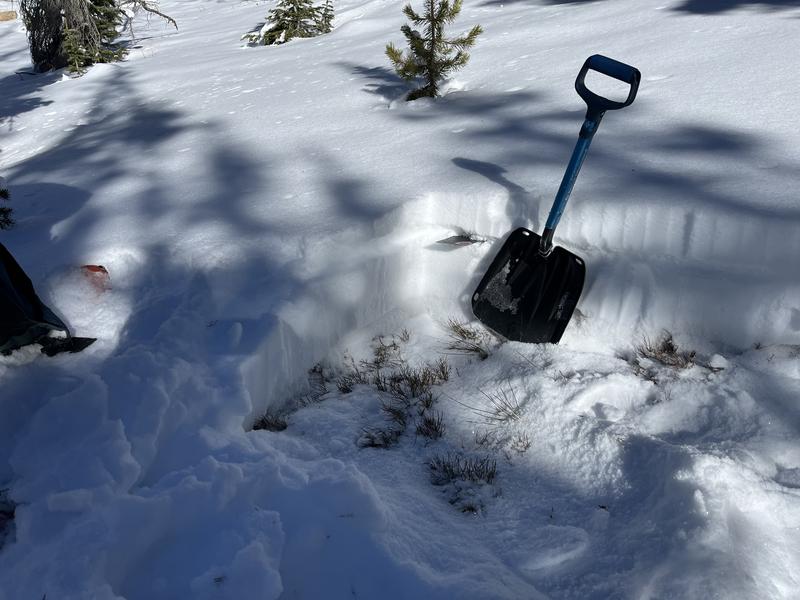Forecast for the Uintas Area Mountains

Issued by Dave Kelly on
Tuesday morning, November 28, 2023
Tuesday morning, November 28, 2023
The high elevation shady slopes that were holding October and November snow are the places where you could run into an avalanche problem. Steep slopes on the north half of the compass that look smooth and free of rocks will be the most suspect slopes. Dig down to assess if you have weak sugary crystals underneath a thicker slab of new or wind-loaded snow before committing to a slope. Any avalanche that you may trigger could mean a nasty ride through rocky terrain.
We are issuing intermittent snow and weather updates as our 2023-24 season snowpack builds, this update is from 0730AM Tuesday November 28, 2023.

Low
Moderate
Considerable
High
Extreme
Learn how to read the forecast here







